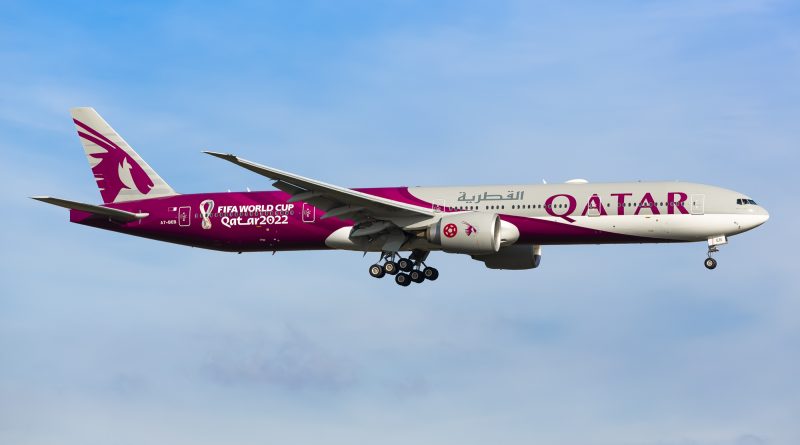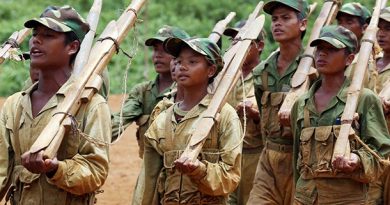World Cup Kicks Off in Qatar Amidst International Concerns
Austin Delsontro
Staff Writer
On November 22, as the 2022 FIFA World Cup in Qatar began, the German Football Association (DFB) threatened FIFA with court action over their OneLove armband ban, discloses. With support from similar governing bodies in England and Wales, the DFB has taken exploratory legal steps. The captains of seven West European teams repeatedly vowed to wear the OneLove armband in support of LGBTQ+ rights in Qatar, where homosexuality is illegal.
The armbands were first seen on the Dutch national team in 2020, as the Royal Dutch Football Association (KNVB) ran an antidiscrimination campaign. The armband prominently features a stylized rainbow heart with the number one and the Phrase “One Love” across it.
Before the start of the tournament, FIFA president Gianni Infantino urged the 32 nations participating to focus on the game in Qatar and avoid taking any political stances, ESPN reports. Infantino and FIFA Secretary General Fatma Samoura sent a letter imploring teams to let soccer take center stage ahead of the intense media focus on the FIFA World Cup, which some observers have called the tournament’s most political edition.
As the first Arab Muslim country to host the World Cup, Qatar had hoped to act as a bridge between different cultures and cement itself as a respectable nation on the world stage, details. However, before the games kicked off, the event itself was already mired in controversy. On October 25, Qatar’s ruler, Sheikh Tamim bin Hamad Al Thani, condemned what he perceived to be “a decade of relentless attacks.”
Rolling Stone reports on the working conditions for many of the migrant workers who helped to ensure the 2022 FIFA World Cup in Qatar became possible, with some workers describing the horrific work conditions to which they were subjected. Rolling Stone interviewed workers who described the sickening and rotten food, the limited water supply, and the inhumane working hours in Qatar’s desert heat. Workers even reported that they did not receive their wages or were underpaid. Labor-rights group Equidem’s executive director Mustafa Qadri declared that the World Cup in Qatar was built by ‘modern slavery.’ Allegedly, more than 6,500 migrant workers died in Qatar during the decade after Qatar secured hosting rights to the FIFA World Cup in 2010, a figure that the Qatari government calls wildly misleading.
Qatar’s selection to host the competition has raised many questions to political and sporting observers across the globe as the Middle Eastern emirate holds a small population with a scant soccer tradition. Skeptics claim the nation sought to use the tournament’s prestige to change its image as a natural-gas producer with a shaky human-rights record, CBC explains. Critics believe the decision to serve as host, which cost the country some $220 billion (USD), to be a case of “sportswashing,” where authoritarian figures use sports to cover up their human rights abuses and portray international legitimacy. Hardly a new concept, Gulf oil money has long been a major actor in such sportswashing. While some see nefarious attempts to change undesired reputations, others sympathetic to Qatar see their hosting of the prestigious tournament as an attempt to use their long-exploited resources to join the global elite.
In 2010, former FIFA President Sepp Blatter announced the controversial hosts for two World Cups, ESPN recalls. Russia had been awarded the 2018 edition and Qatar was awarded that of 2022, ahead of other countries like Australia, Japan, South Korea, and the United States. These were head-scratching decisions at the time, which were later clarified when the U.S. Department of Justice disclosed evidence to suggest FIFA officials took bribes from Russia and Qatar to secure hosting rights.
Nevertheless, the 2022 FIFA World Cup is underway with many onlookers questioning the ethics surrounding such an event. What should be a globally uniting event has become incredibly divisive. Despite the protests and controversies, however, the soccer continues.
Image courtesy of Thomas Naas


